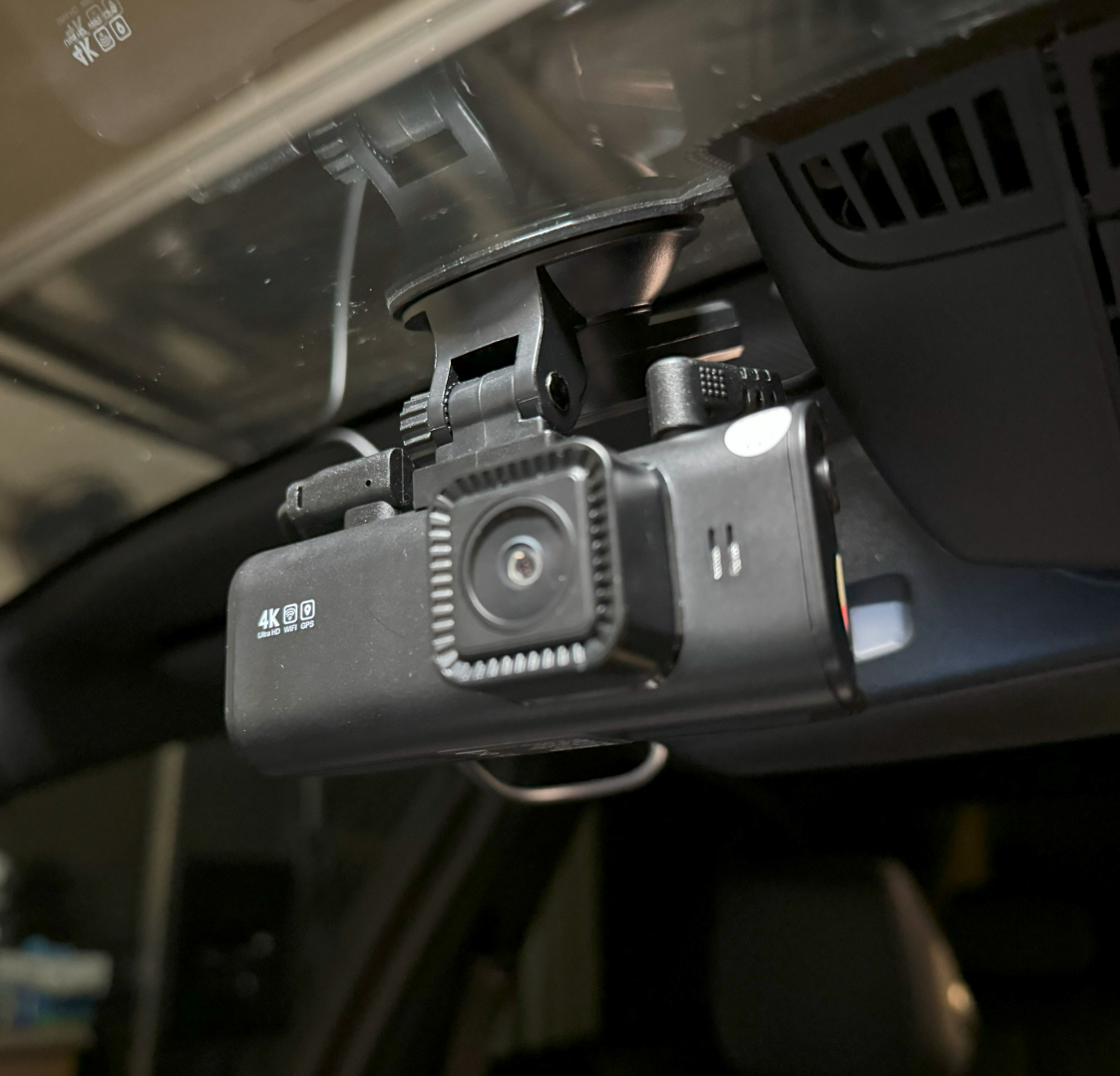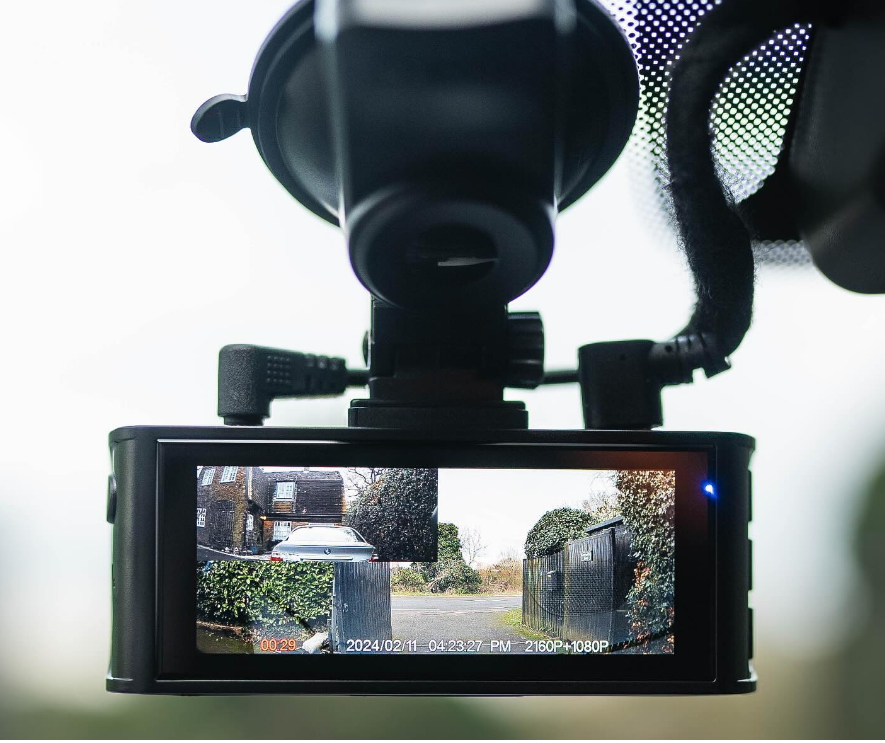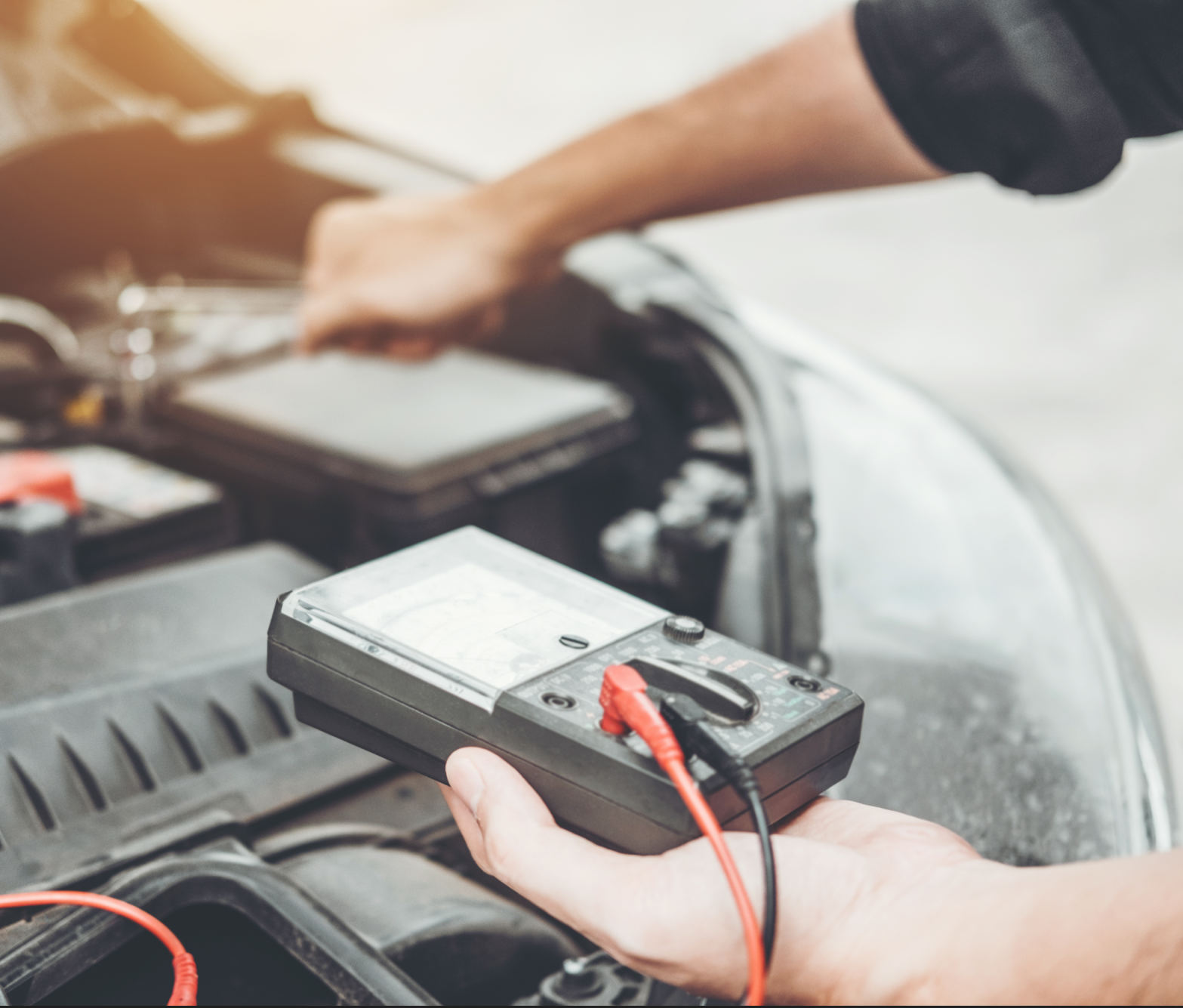Inside this Article:
- Can the Dash Cam Also Record Sound While Recording Video?
- Legal Considerations for Video Recording
- Legal Considerations for Audio Recording
- Best Practices for Legal Compliance
- What Should Be Noted When Using a Dash Cam as Evidence
- Conclusion
- FAQs on Legality, Privacy, and Dash Cams
- 1. Is it legal to use a dash cam in all states in the US?
- 2. Do I need to inform passengers that they are being recorded by my dash cam?
- 3. Can dash cam footage be used as evidence in court?
- 4. How can I protect the privacy of third parties captured on my dash cam?
- 5. What should I do if my dash cam records an accident involving other vehicles?
The legality of recording audio and video involves various consent laws. Understanding these laws are crucial to ensure that you are not inadvertently violating privacy regulations.
This blog will explore whether it is legal to use a dash cam for recording voice and video, providing a comprehensive guide based on current regulations.
Can the Dash Cam Also Record Sound While Recording Video?
Most dash cams come equipped with microphones, allowing them to record sound alongside video. This feature can be incredibly useful, capturing conversations and ambient noises that may provide additional context to recorded footage.
For example, bus and taxi drivers equipped with a sound recording dash cam would be very useful, not only to protect you and your and passengers' driving safety, but also to provide you with favorable evidence in case of disputes, protecting your legitimate rights and interests.
Legal Considerations for Video Recording
General Legality
Recording video with a dash cam is generally legal in all parts of the United States. Dash cams are often used to provide evidence in traffic accidents, monitor driving behavior, and even deter theft. However, the laws governing the use and installation of dash cams can vary significantly from state to state.
Public vs. Private Spaces
While recording in public spaces is generally permissible, recording on private property can raise additional legal concerns. If your dash cam captures video on private property, such as driveways or private roads, you must be cautious and respect the property owner's privacy rights.
Legal Considerations for Audio Recording
Regional Differences
In most states, you can record conversations with the consent of just one person. However, in 12 states, you cannot record a conversation without the permission of everyone involved. These states are Florida, Maryland, Nevada, Massachusetts, Pennsylvania, California, Connecticut, Michigan, Illinois, Montana, New Hampshire, and Washington.
Implications of Non-Compliance
Recording audio without proper consent can result in fines, lawsuits.
We suggest that drivers engaged in the relevant passenger transportation industry equip their vehicles with a broadcasts. When passengers board the vehicle, you only need to press the broadcast button to automatically play an audio segment such as "Video and Audio Recording was activated to ensure your driving safety and legal rights" to inform passengers.
It is crucial to understand and comply with your state’s consent laws to avoid these repercussions.
Best Practices for Legal Compliance
Obtaining Consent
To comply with audio recording laws, always inform passengers that they are being recorded. This can be done verbally or through broadcast inside the vehicle.
Informational Placards
Placing a visible sign in your car that states "Audio and Video Recording in Progress" can serve as a clear notification to all passengers, helping to ensure compliance with consent laws.
Data Security and Storage
Properly securing and managing your dash cam footage is vital. Ensure that recorded data is stored safely and access is restricted to authorized individuals only. This helps prevent unauthorized use and protects the privacy of those recorded.
What Should Be Noted When Using a Dash Cam as Evidence
Admissibility in Court
Dash cam footage can be a valuable piece of evidence in legal proceedings. However, for it to be admissible, it must be obtained legally. Ensure that all recordings comply with state laws regarding consent and privacy.
Clear and Unaltered Footage
For dash cam footage to be effective in court, it must be clear and unaltered. Ensure that your dash cam records in high definition and that the files are backed up to prevent tampering.
Detailed Documentation
Alongside the dash cam footage, maintain detailed records of the incident, including the date, time, and location. This documentation can support the video evidence and provide a comprehensive account of the event.
Conclusion
The legality of using a dash cam for recording voice and video hinges on understanding and complying with regional laws regarding consent and privacy. While video recording is generally permissible, audio recording requires careful consideration of consent laws that vary by state.
FAQs on Legality, Privacy, and Dash Cams
1. Is it legal to use a dash cam in all states in the US?
Yes, dash cams are legal in all states, but there are specific regulations regarding their placement to avoid obstructing the driver’s view. It’s important to check local laws to ensure compliance with these regulations.
2. Do I need to inform passengers that they are being recorded by my dash cam?
In two-party consent states like California and Florida, you must inform passengers that their conversations are being recorded. In one-party consent states, only one person involved in the conversation needs to be aware of the recording.
3. Can dash cam footage be used as evidence in court?
Yes, dash cam footage can be used as evidence in court as long as it was obtained legally. This means adhering to state laws regarding audio recording consent and ensuring the footage is unaltered and clearly documents the incident.
4. How can I protect the privacy of third parties captured on my dash cam?
To protect the privacy of third parties, ensure that your dash cam footage is stored securely and accessed only by authorized individuals. Avoid sharing footage publicly without consent, especially if it includes identifiable individuals.
5. What should I do if my dash cam records an accident involving other vehicles?
If your dash cam records an accident involving other vehicles, ensure the footage is saved and secure. You should share the footage with your insurance company and, if necessary, law enforcement, but avoid posting it on social media to protect the privacy of those involved.




Leave a comment
This site is protected by hCaptcha and the hCaptcha Privacy Policy and Terms of Service apply.